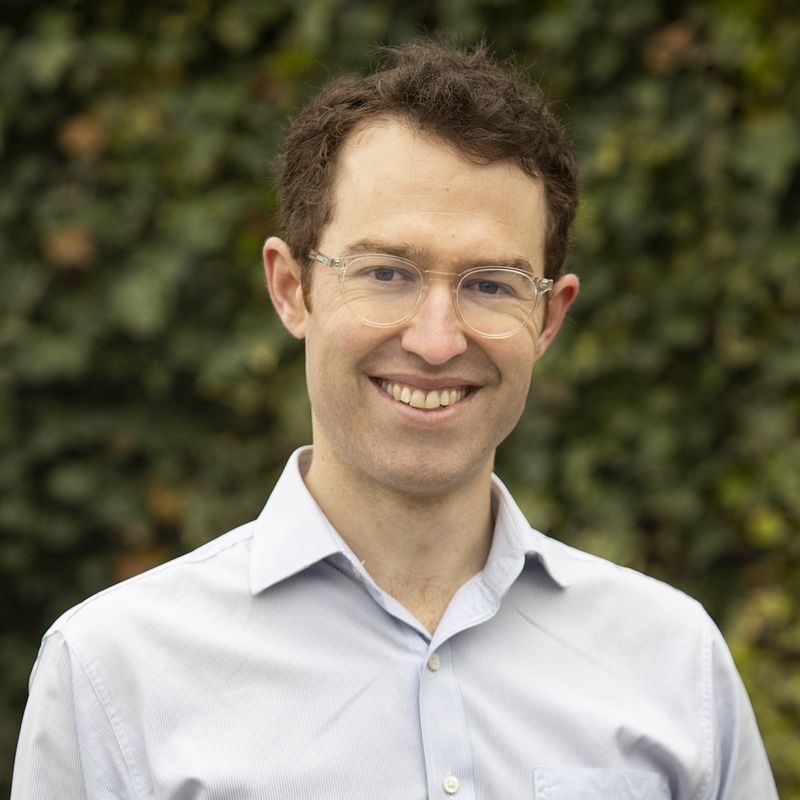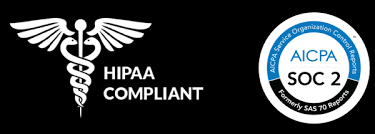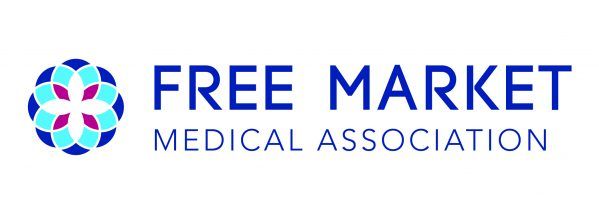Health Compiler and Hint Collaborate to Enhance Primary Care Practice Growth

Dr. Ben Aiken
Transforming Primary Care: Dr. Ben Aiken’s Vision for a Healthcare Revolution
Healthcare stands at a pivotal crossroads. The current system, burdened by inefficiencies and profit-driven priorities, often falls woefully short of delivering what matters most: meaningful, patient-focused care. Instead of fostering trust and healing, traditional models reduce patients to statistics and confine doctors to relentless cycles of brief appointments, endless paperwork, and burnout. Yet, in the midst of this challenging landscape, one physician is daring to envision a better way. Dr. Ben Aiken, a pioneer in Direct Primary Care (DPC), has devoted his career to challenging the status quo and redefining what healthcare can and should be.
Dr. Aiken’s journey is rooted not in acceptance, but in an unyielding dissatisfaction with the norms of conventional medicine. As a young family medicine resident, he confronted the frustrations and constraints of a system designed to prioritize profits over people. For Aiken, this was more than a disappointment—it was a call to action. He resolved to find a better way. In Direct Primary Care, he discovered not just an alternative, but a transformative model capable of reshaping the very fabric of healthcare, one patient relationship at a time.
The Spark of Innovation: From Discontent to Discovery
“It wasn’t just an aha moment; it was a revelation.”
In DPC, Aiken saw a model that aligned perfectly with his values. Unlike traditional frameworks, DPC allowed physicians to focus on keeping patients healthy rather than merely reacting to illness. This realization became the foundation of his mission. Healthcare needed more than incremental adjustments—it needed a fundamental shift. Dr. Aiken’s story isn’t merely about practicing medicine; it’s about revolutionizing it. From the early days of his residency in 2013, he couldn’t ignore the glaring flaws in the traditional healthcare framework. A system that pressured doctors to see more patients in less time—sacrificing quality for quantity—was not just inefficient; it was fundamentally broken.
This realization ignited a spark in Aiken, compelling him to seek something better. His exploration led him to the Direct Primary Care model, which prioritizes patient relationships, transparency, and preventative care. A turning point came during a rotation with Iora Health, where he experienced firsthand the profound impact of DPC. For Aiken, it wasn’t just a moment of clarity—it was a revelation.
Turning Vision into Action: The Unconventional Path
While many physicians in the DPC movement quickly launched independent practices, Dr. Aiken’s journey took a different route—one marked by strategy and resilience. After completing his residency, Aiken worked to establish a new practice within his residency program. However, his push to adopt the DPC model faced resistance, particularly concerns about serving Medicaid and Medicare populations.
In 2018, an unexpected opportunity emerged when a local health system approached Aiken with a proposition: Could they launch a DPC practice within their existing framework? While unconventional—DPC typically emphasizes independence—Aiken saw this as a chance to prove the model’s viability within traditional healthcare. The experiment succeeded. By 2020, following a merger with a national healthcare system, Aiken transitioned the practice to an independent operation. This journey demonstrated that DPC could thrive, even in challenging environments.
“It wasn’t the conventional route to DPC, but it allowed us to validate the model’s feasibility within a traditional healthcare framework.”
Aiken’s unconventional path underscored the adaptability and resilience of the DPC model. It wasn’t just about building a practice—it was about proving that healthcare could be both patient-centered and sustainable.
The Core Philosophy: Building Relationships, Not Just Treating Illness
At the heart of DPC lies a radical shift in priorities. In the traditional fee-for-service model, doctors are incentivized by volume—more visits, more revenue. But in DPC, the model flips that equation. Here, the goal is not to treat sick patients repeatedly, but to keep people healthy, preventing illness through consistent, personalized care.
For Dr. Aiken, this wasn’t just a better way to practice medicine—it was the way medicine was always meant to be. In his practice, patients didn’t just receive treatment; they built a partnership with their physician. And that partnership wasn’t just about providing quick fixes. It was about fostering long-term health.
One patient, for example, reversed their Type 2 diabetes without relying on medication—a victory made possible not just by time spent with the doctor but by the trust and education cultivated through their relationship.
“In DPC, we’re not just treating conditions; we’re preventing them,” Aiken emphasizes.
Through these meaningful relationships, Dr. Aiken has witnessed firsthand the life-changing results that can only happen when healthcare is truly focused on wellness.
“True healthcare isn’t about treating disease; it’s about nurturing health.”
Shaping the Future: A Vision Beyond the Practice
Dr. Aiken’s influence extends far beyond the walls of his practice. As a key player at Decent, a company crafting healthcare plans built around DPC, Aiken is helping to expand this model to more people, particularly through small business employers. These plans offer 30-40% savings compared to traditional insurance, all while delivering a superior healthcare experience.
But scaling DPC is no easy task. While nearly 9% of family physicians are now involved in DPC practices, significant hurdles remain. There are challenges around physician shortages, expanding access, and convincing employers and patients of DPC’s benefits. Yet Aiken remains optimistic.
“DPC is a pathway to make primary care more attractive, not just for doctors, but for medical students as well,” he explains.
The path is still long, but the momentum is undeniable. With the rising cost of healthcare and declining quality, more people are seeking alternatives. Dr. Aiken believes DPC is the future.
“DPC isn’t just a trend—it’s a return to what healthcare was always meant to be,” he says.
“The future isn’t something that happens—it’s something we create.”
The Value of Relationships: Restoring Trust in Healthcare
As healthcare becomes more fragmented, patients often feel lost in the shuffle. In DPC, however, physicians are empowered to slow down and truly listen. It’s this ability to build trust and genuinely care for patients that sets DPC apart from traditional models. In a world that’s obsessed with data and efficiency, Aiken advocates for a return to the core values of medicine: compassion, time, and trust.
Dr. Aiken’s story is not just one of professional success—it’s a reminder of what healthcare should be about. A return to relationships, where physicians know their patients well, understand their needs, and partner with them in their health journey.
“The future of healthcare isn’t about more services—it’s about better, more meaningful care,” Aiken insists.
“In a world full of noise, true healing happens in silence—through connection.”
The Future is Now: Transforming Healthcare One Patient at a Time
“It’s not about what healthcare is—it’s about what healthcare can become.”
Dr. Aiken’s journey reflects a profound truth: healthcare is at a turning point, and the DPC model offers a clear path forward. As physicians and patients embrace this model, they are proving that healthcare can be something better—something more human, more connected, and more effective.
As Aiken continues to lead the charge, his story serves as both inspiration and a call to action. For those tired of the status quo, there’s a better way forward. For those who believe healthcare can—and should—be more, DPC is not just an idea; it’s a reality that’s already changing lives.
“The evolution of healthcare has already begun,” Aiken says. “We’re only at the beginning. And together, we can create a system where patients and physicians thrive.”
Dr. Aiken’s journey is far from over—but with each patient, each physician, and each employer that embraces DPC, the vision for a more compassionate, efficient, and human-centered healthcare system moves closer to reality.
Interested to share your story?
Contact us today & Let us know!
We will get back to you as soon as possible
Please try again later

+1 415 657 8241
Health Compiler Inc.
2261 Market Street #4632
San Francisco, CA 94114
All Rights Reserved | Health Compiler Inc.
Made with ❤️ in San Francisco

QUICK LINKS
RESOURCES
LET'S STAY IN TOUCH
Contact Us
We will get back to you as soon as possible.
Please try again later.

